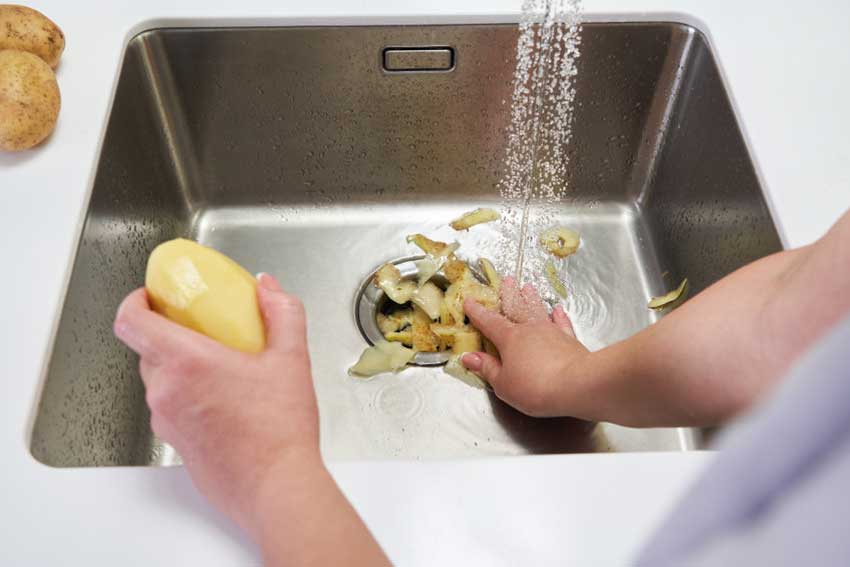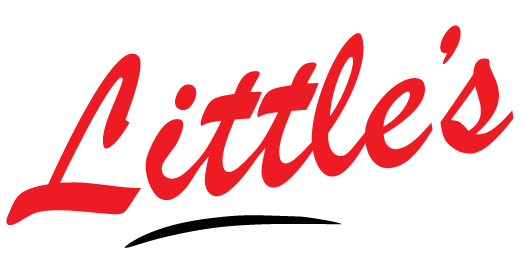
A garbage disposal can be a great and useful tool for those who cook (or eat!) often at home. Let’s face it, for most of us, sometimes our eyes are bigger than our stomach, and even if that isn’t always the case, there’s almost always a little extra waste from producing meals.
It is, however, a little different navigating your disposal if you have a septic system, as opposed to using public sewers. As addressed on prior posts on this blog, there is a risk to putting anything in your septic system that isn’t on the very short list of recommended materials to send down there.
Here are some tips for how to use your garbage disposal in conjunction with your septic system to maintain it and preserve its longevity:
- Run cold water from the tap instead of hot water while disposing of food. This will help solidify oils and greases to be more easily ground.
- Add a bit of dish soap to the disposal and run with cold water for a minute or so after completing your dishwashing.
- Have a regular disposal schedule. Using it frequently keeps the disposal from rusting or corroding.
- Every so often, grind up small, hard materials, such as fish bones or small poultry bones. This will help clean out your grind chamber and the walls of the disposal.
And some do-nots, for good measure:
- Don’t run anything in your disposal that isn’t a biodegradable food. Better safe than sorry on this one — throw anything you aren’t sure of into the trash.
- Don’t use hot water with your disposal. This increases the likelihood of clogs because of how the hot water interacts with oils and greases.
- Don’t leave food in the disposal or turn off the disposal or water until food is destroyed and removed. Letting the water run for a few seconds afterward is advisable.
- Don’t grind high-fiber materials (i.e. celery, corn husks, etc.). The fibers won’t completely dissipate and might jam the motor of the disposal.
- Don’t pour fat, oil or grease into the disposal. It will accumulate and clog the drain somewhere along the line.
- Don’t put a lot of food into the disposal. It isn’t designed for large jobs. That’s what your trash can is for.
- Don’t grind foods that expand in water, such as rice and pasta. They will increase the risk of clogs.
At the end of the day, your likelihood of a clog is significantly higher if you choose to use a garbage disposal. That doesn’t mean it can’t be done correctly and safely, but by and large, we recommend using common sense while operating your disposal and not overexerting your system as a means of keeping the pipes clear.

